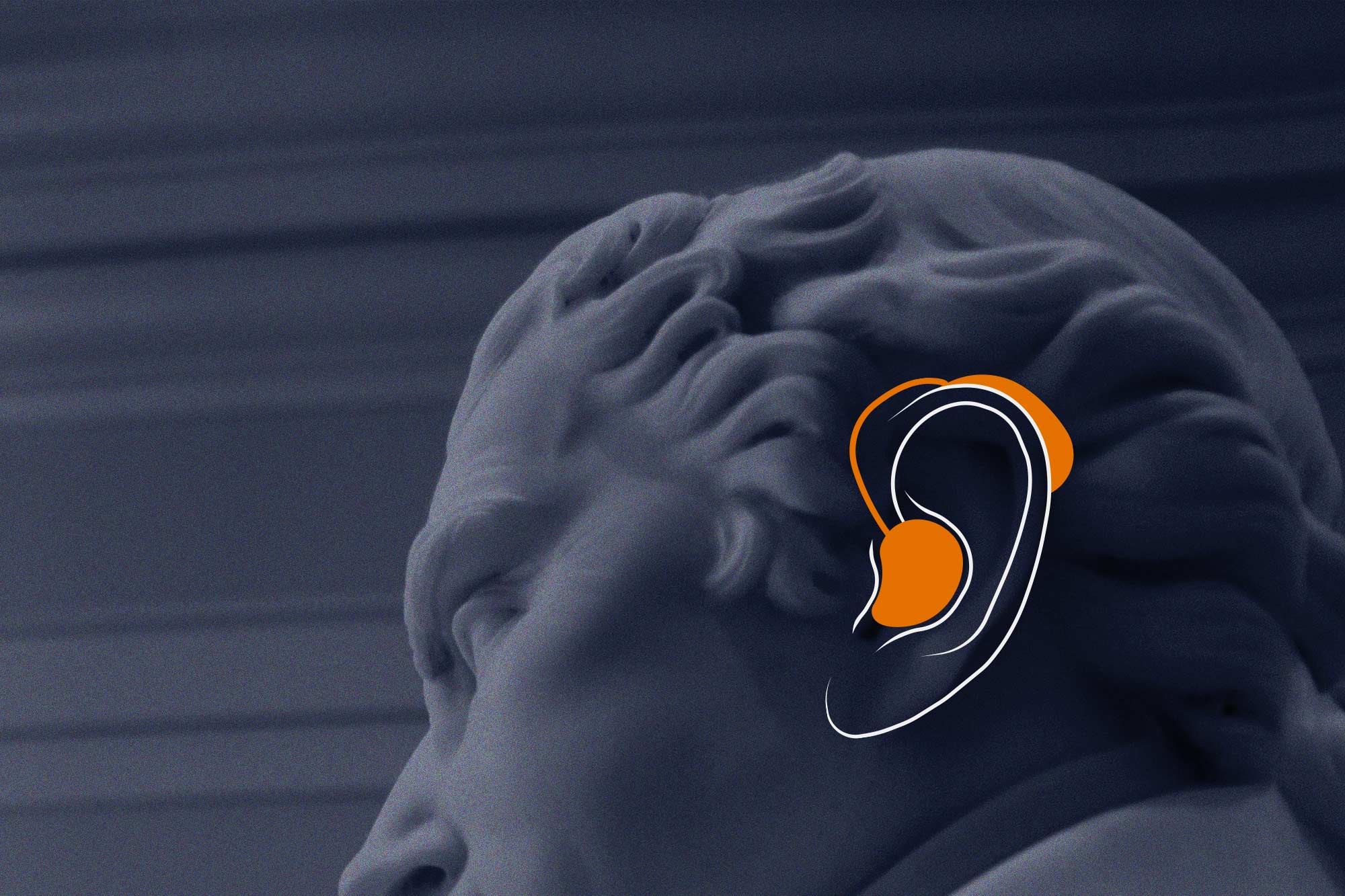In a final ruling last week, the U.S. Food and Drug Administration announced it would allow hearing aids to be sold over the counter for the first time. Accessibility to hearing aids has long been an issue for a significant number of the 28 million adults experiencing hearing loss, but not all will benefit from this decision. The devices will be for adults with mild to moderate hearing loss.
“You can somewhat compare it to buying reading glasses at your local store versus getting a prescription for eyeglasses from an optometrist based on your eye exam,” said Kristin Roush, an audiologist and coordinator of the Deaf/Hard of Hearing and Accessible Media Services at UVA Student Health. “The glasses you get from your optometrist will specifically address your eyesight needs. Similarly, the prescriptive hearing aids you get from your audiologist will specifically address your hearing needs over time while the over-the-counter ones will make do for certain situations of focused one-on-one listening.”







